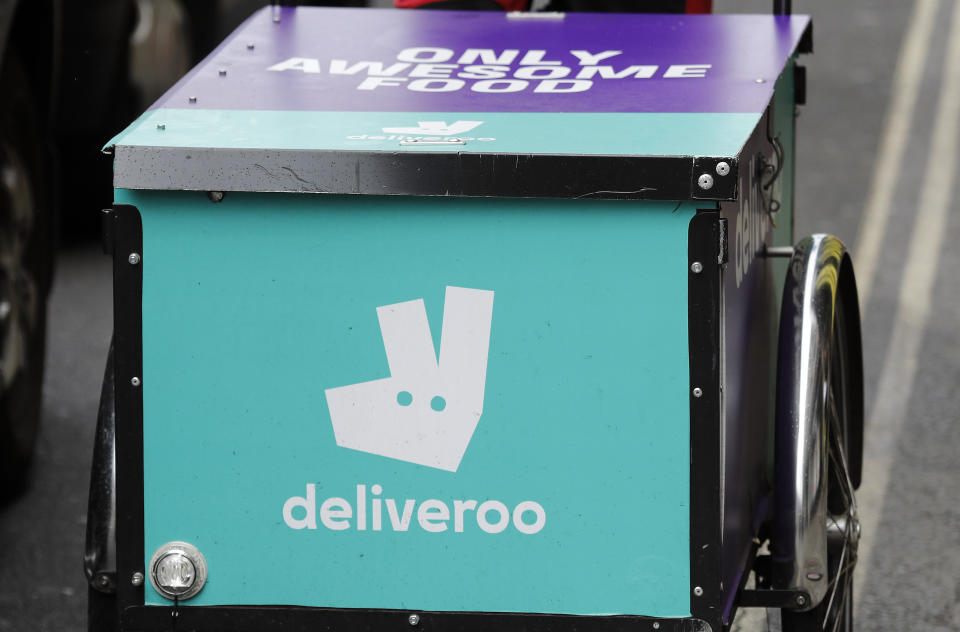Revealed: the number of Britons without a pension plan

About 3.75 million self-employed workers are putting nothing away for their retirement, shock new figures show.
Only 25% of the UK’s self-employed are actively contributing to a private pension – down from the 40% who were saving just 10 years ago.
The situation is most acute among 35 to 54-year-olds working for themselves, where 45% have no pension savings, compared to just 16% of those employed workers.
MORE: UK retirees receive lowest pensions in the developed world
And, according to the Office for National Statistics, one in three self-employed workers over the age of 55 have no pension pot.
There are more than 4.8 million self employed workers in the UK, up from 3.3m in 2001 – and the explosion in the gig economy over recent years is likely to see that figure rise.

Sean McCann, chartered financial planner at NFU Mutual, said: “Pension contribution rates are crashing among the self employed, who make up more than 15% of the UK’s workforce.
“It’s a worrying trend. If just one in four in self-employment are actively contributing to their pensions, around 3.5 million are missing out.
“While auto-enrolment is making it easier than ever for employed people to save for their retirement, many in self-employment put off saving into a pension in favour of investing in their own business.”
MORE: Two out of three UK pension schemes are in the red to the tune of £210bn
The ONS figures also show few workers in the gig economy have property to fall back on to help pay for their retirement.
Among the 35 to 54 age group, 25.3% of the self-employed and 26.9% of employees, as a share of their age and employment type, do not have any net property wealth.
Tom McPhail, head of policy at broker Hargreaves Lansdown, said the pension crisis needed to be addressed.
“These statistics point to an impending pension crisis for the self-employed, with millions of them heading towards retirement age with no pension savings to draw on,” he said.
“What’s more there is no immediate prospect of the situation improving, with less than one in ten currently contributing to a pension.”

The government has moved to try to address the employment anomalies created by the gig economy.
It announced last week that it wanted to redefine what, legally, a “worker” was in the modern workforce, following the Taylor Review.
Ministers plan to give gig workers more employment rights – such as sick pay and paid holidays – but nothing concrete has been announced regarding pensions.
MORE: Gig economy shake-up will see a new definition of ‘worker’
Auto-enrolment for full-time employees has boosted the numbers of people with some kind of pension, but that does not apply to gig workers.
“Many entrepreneurs don’t realise that they can use their pension fund to invest directly in commercial property or land, which their business can then occupy and still benefit from the tax advantages a pension gives,” added NFU Mutual’s McCann.
“These latest statistics suggest many self-employed people may be missing a trick and could be facing having to extend their working lives by years, if not decades.”

 Yahoo Finance
Yahoo Finance 
